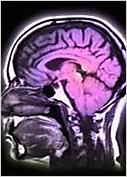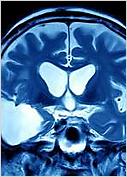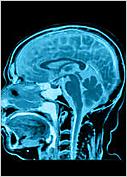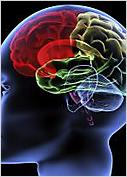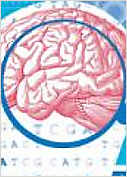This innovative 4-year project will convene a national Working Group of top neuroethics, neurolaw, and neuroscience experts to conduct empirical research and generate evidence-based consensus recommendations for the ethical conduct of research using highly portable, cloud-enabled MRI with new and diverse populations in field settings. Highly-portable MRI, a transformative technology supported by the NIH BRAIN Initiative, will allow researchers to conduct population-based neuroscience research and will accelerate research on brain biomarkers. As portable MRI develops quickly, guidance is urgently needed on unresolved ethical, legal, and social issues (ELSI). This project builds on two NIH Administrative Supplements that have preliminarily identified the most pressing unresolved ELSI issues.
This Administrative Supplement for Research on Bioethical Issues, SU01EB025153-03S1, extended the integration of senior bioethics personnel into the parent grant’s (1U01EB025153-01, Garwood, parent grant PI) development of a highly portable magnetic resonance imaging (MRI) device.
This administrative supplement proposes to integrate neuroethics analysis into the development of small and highly portable MRI devices. The supplement entails the addition of three senior key personnel and will involve collaborative development of publications on the ethical issues and potential solutions.
This project analyzed highly related and convergent science to see how law has been affected. It then normatively evaluated changes and adaptations in legal doctrine and practice already under way. This project aimed to influence the future development of legal practice, doctrine, and theory on neuroscience and neurogenomics.
This award helped fund a conference, "Emerging Problems in Neurogenomics: Ethical, Legal & Policy Issues at the Intersection of Genomics & Neuroscience" involving top experts from around the country.
